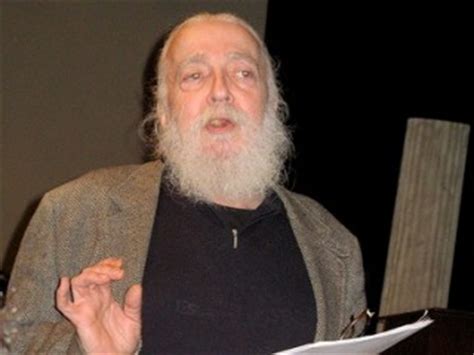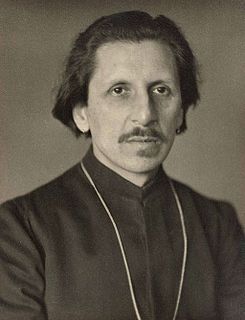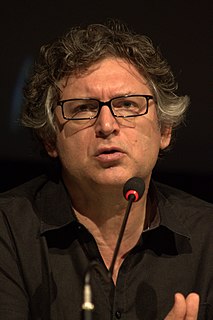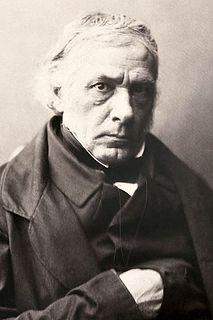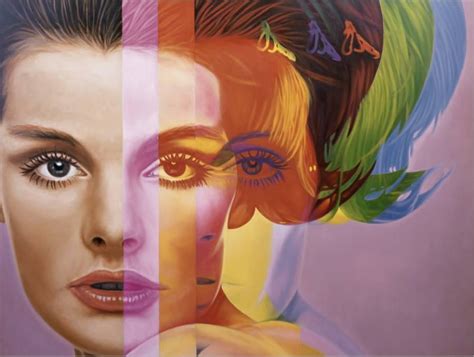A Quote by Richard Wagner
When religion becomes artificial, art has a duty to rescue it. Art can show that the symbols which religions would have us believe literally true are actually figurative. Art can idealize those symbols, and so reveal the profound truths they contain.
Related Quotes
I believe that magic is art, and that art, whether that be music, writing, sculpture, or any other form, is literally magic. Art is, like magic, the science of manipulating symbols, words or images, to achieve changes in consciousness… Indeed to cast a spell is simply to spell, to manipulate words, to change peoples consciousness, and this is why I believe that an artist or writer is the closest thing in the contemporary world to a shaman.
Provided we can escape from the museums we carry around inside us, provided we can stop selling ourselves tickets to the galleries in our own skulls, we can begin to contemplate an art which re-creates the goal of the sorcerer: changing the structure of reality by the manipulation of living symbols ... Art tells gorgeous lies that come true.
True art means if it helps you to become silent, still, joyous; if it gives you a celebration, if it makes you dance—whether anybody participates with you or not is irrelevant. If it becomes a bridge between you and God, that is true art. If it becomes a meditation, that is true art. If you become absorbed in it, so utterly absorbed that the ego disappears, that is true art.
Art neither belongs to religion, nor to ethics; but, like these, it brings us nearer to the Infinite, one of the forms of which it manifests to us. God is the source of all beauty, as of all truth, of all religion, of all morality. The most exalted object, therefore, of art is to reveal in its own manner the sentiment of the Infinite.
What makes art Christian art? Is it simply Christian artists painting biblical subjects like Jeremiah? Or, by attaching a halo, does that suddenly make something Christian art? Must the artist’s subject be religious to be Christian? I don’t think so. There is a certain sense in which art is its own justification. If art is good art, if it is true art, if it is beautiful art, then it is bearing witness to the Author of the good, the true, and the beautiful
We live in a time which has created the art of the absurd. It is our art. It contains happenings, Pop art, camp, a theater of the absurd... Do we have the art because the absurd is the patina of waste...? Or are we face to face with a desperate or most rational effort from the deepest resources of the unconscious of us all to rescue civilization from the pit and plague of its bedding?
Warhol and other Pop artists had brought the art religion of art for art's sake to an end. If art was only business, then rock expressed that transcendental, religious yearning for communal, nonmarket esthetic feeling that official art denied. For a time during the seventies, rock culture became the religion of the avant-garde art world.




